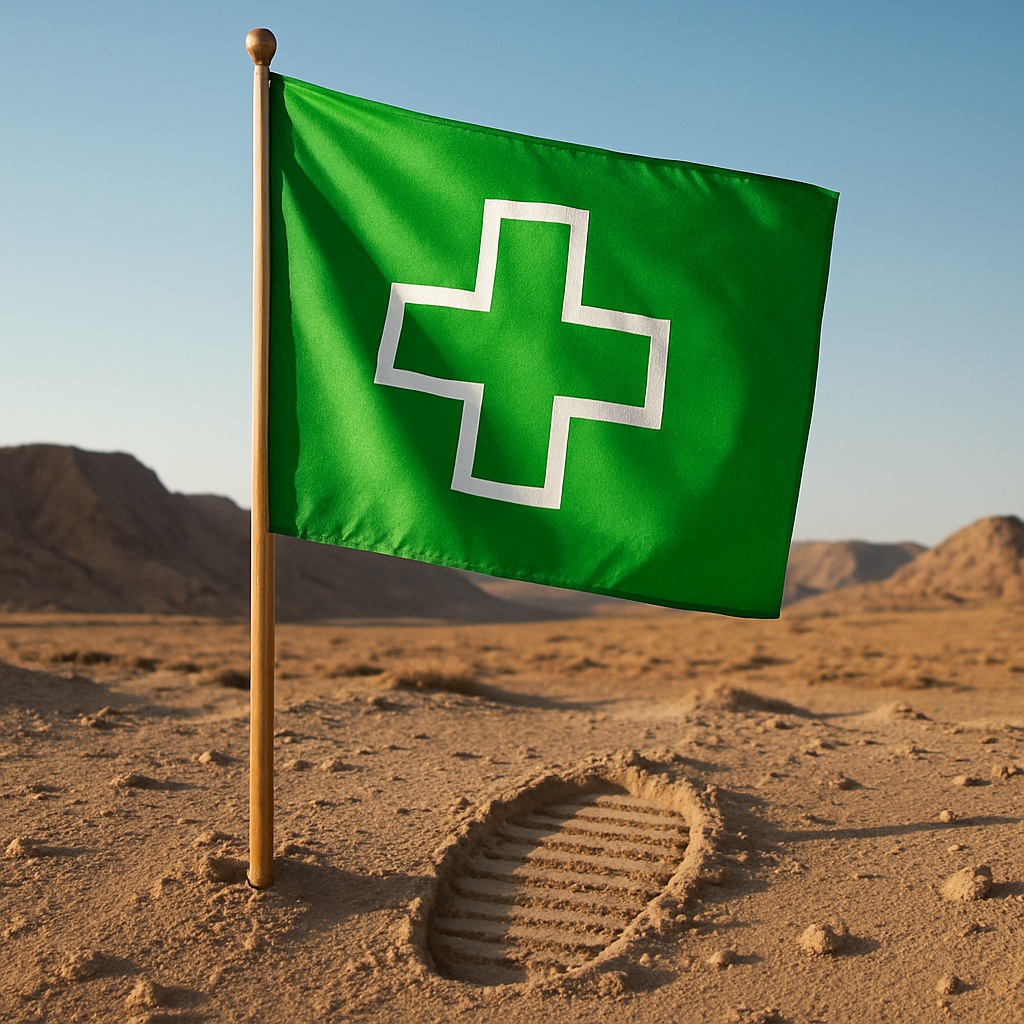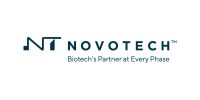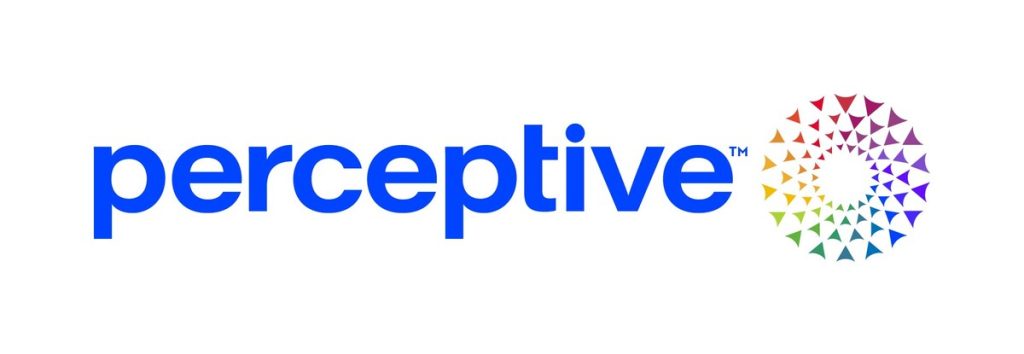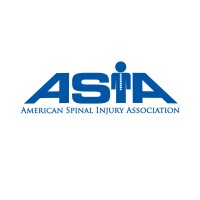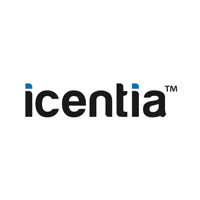Pharmacy Deserts and Language Barriers: A Double Threat to Patient Health
Drug Store News recently reported on pharmacy deserts which represent regions where pharmacies are inaccessible for local residents. Pharmacy deserts create larger health disparities by disproportionately affecting low-income populations as well as minority and rural communities. A significant but frequently ignored element that intensifies these healthcare disparities involves language barriers.
Limited English Proficiency (LEP) patients in pharmacy desert areas face heightened difficulties when trying to get their medications and understand essential prescription details. Residents face greater dependency on mail-order services or distant pharmacy visits without nearby pharmacy access which elevates the importance of clear medication instructions.
The Rise and Impact of Pharmacy Deserts
Areas without nearby pharmacies create major obstacles to healthcare access especially for underserved populations. The creation of pharmacy deserts stems from multiple causes like economic downturns alongside demographic changes and the closure of independent pharmacies which cannot withstand competition from bigger chains or online medication delivery services. When local pharmacies close their doors residents must travel extended distances to secure essential medications which creates challenges for people who lack dependable transportation.
Drug Store News reveals data showing that millions of Americans reside in regions classified as pharmacy deserts. Patients in rural areas commonly face the challenge of traveling many miles to access the nearest pharmacy. High poverty urban areas face challenges from pharmacy deserts which further increase inequalities and restrict access to necessary medications.
Understanding the Intersection with Language Barriers
Pharmacy deserts create significant public health risks because they prevent people from accessing necessary medical services such as medication management, immunizations, and routine health check-ups. The hazards increase significantly when patients also encounter language barriers. Around 25 million people in America struggle with English fluency which leads to extra difficulties in healthcare access.
Limited English Proficient patients must receive understandable communication for safe medication use and health condition management. Patients lacking precise translations face dangerous risks because they can misunderstand medication dosage guidelines as well as side effects and drug interactions. Individuals who depend on mail-order pharmacies or make rare visits to remote pharmacies experience increased problems because they receive fewer personal consultations in person.
Why Language Access Matters in Pharmacy Deserts
Patients who live in pharmacy deserts struggle to consistently access their medications which escalates health risks for chronic diseases like diabetes, hypertension, and asthma. The likelihood of medication misuse and negative health outcomes grows substantially when language barriers complicate patient-pharmacy interactions.
When patients encounter unclear prescription instructions they might take incorrect dosages or skip medications which can result in dangerous drug interactions. Research indicates that language barriers which cause patients to not follow their medication instructions result in higher hospitalization rates and increased healthcare costs. Culturally sensitive translations need to be clear to maintain patient safety and treatment adherence in regions with limited medical services.
Real-Life Consequences of Language Barriers
Patients who manage chronic conditions often need to take several different medications simultaneously. When patients receive inaccurate translations they could accidentally take double doses while missing essential timing instructions or failing to identify serious side effects needing medical care. A misunderstanding can trigger serious health problems and force patients to make unnecessary hospital trips which might result in death.
Patients who are elderly or suffer from cognitive impairments face increased risk when they need to understand complex medical instructions. Translation services for medication instructions enable caregivers and family members to manage treatment plans more effectively thus lowering the chances of medication errors.
Language Access: A Key Component of Health Equity
To truly address pharmacy deserts we must expand pharmacy availability and take proactive steps to eliminate language barriers. Pharmacy practices need to integrate detailed translation and interpreting services to make sure every patient fully understands their prescription directions along with medication labels and healthcare provider communications.
Pharmacies in communities with limited access to healthcare should integrate multilingual resources into their basic care practices. While states like Oregon, California and New York have passed legislation on this matter, more states should follow. The method improves patient safety and health outcomes by addressing essential healthcare deficiencies among immigrant groups and diverse communities.
Language Scientific focuses exclusively on delivering essential translation services. Our Prescription translation solution, RxTran, helps pharmacies and healthcare providers by converting prescription labels, medication instructions, and vital documentation into different languages. Our on-demand interpreting services deliver immediate multilingual support to patients which leads to reduced medication errors and improved patient safety.
Compliant and Effective Pharmacy Translation Solutions
The Civil Rights Act of 1964 Title VI alongside other federal laws require that Limited English Proficiency patients have equal healthcare service access. Healthcare providers face federal penalties when they fail to comply with regulations and such non-compliance poses serious risks to patient health. Language Scientific supplies pharmacies with necessary tools to smoothly adhere to mandated requirements through their comprehensive, precise and culturally sensitive translation services.
AI-optimized translation technologies work alongside healthcare and pharmacy translation experts to deliver timely and compliant solutions designed for pharmacy environments. These services enable pharmacies to prevent penalties while actively enhancing patient results by making sure patients follow their medication plans and decreasing error rates.
Bridging the Pharmacy Desert Through Language
Addressing pharmacy deserts over the long term requires substantial infrastructure upgrades along with policy modifications and deliberate investment strategies. Enhancing language accessibility right away leads to significant health benefits that patients experience immediately. Pharmacies that employ professional translation and interpreting services can directly alleviate the challenges LEP populations experience.
When pharmacies adopt multilingual resources they show dedication to fair treatment which helps build community trust while enhancing patient adherence and satisfaction. Proper medication communication helps patients follow their treatment plans and results in improved health results.
Conclusion: The inclusion of multiple languages stands as a fundamental support for achieving health equity.
Language access represents a core component of healthcare equity beyond simple compliance requirements. Patient health and medication safety face substantial challenges due to both pharmacy deserts and language barriers. Comprehensive translation solutions enable pharmacies to improve community service delivery while reducing healthcare disparities and enhancing patient outcomes.
Language Scientific works to eliminate language barriers to create equal medication access opportunities for every patient. Our culturally competent translation services empower pharmacies to deliver safer and more inclusive healthcare for every patient. We also provide translation services for pharmaceutical, clinical research and medical device companies.

